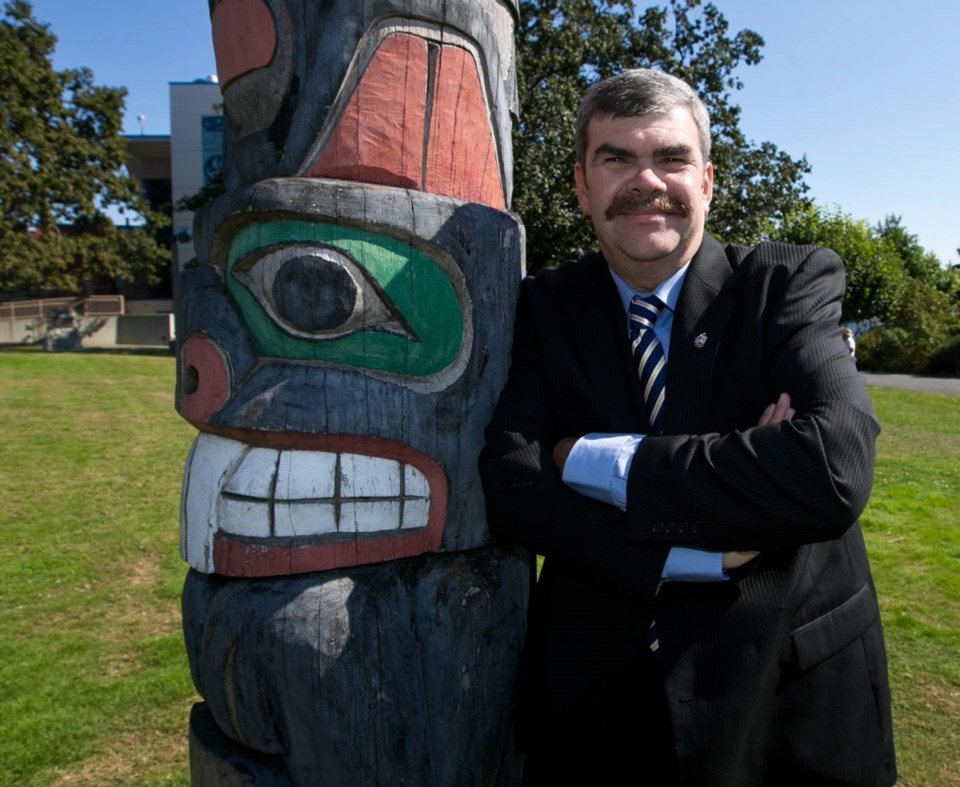A judge’s decision to acquit a man of second-degree murder in the death of a toddler highlights the unreliability of confessions obtained through so-called Mr. Big undercover operations, the man’s lawyer says.
Bradley Streiling, 31, was found not guilty in the death of Noah Cownden. Streiling was caring for the boy on the day the child died in April 2008. Streiling said Noah, who was almost two years old, hit his head after falling from the edge of the bathtub.
Streiling was arrested almost five years later after a Mr. Big operation elicited a confession.
“This, I would have to say, was one of the most coercive Mr. Big scenarios that I’m aware of,” said Streiling’s lawyer, Martin Allen. “They’re notorious for getting confessions that are unreliable.”
In a Mr. Big sting, undercover officers lure the suspect into a fictional crime organization. The suspect is typically introduced to an officer posing as a crime boss, who tries to persuade the suspect to share details about the crimes they have committed to prove they are worthy of being in the organization.
Streiling had told one undercover officer, with whom he had formed a bond, that Noah’s death was accidental and that he would never hurt a woman or child.
It wasn’t until he was told he would be kicked out of the fictional crime gang, thus losing a lucrative job prospect and any protection it could provide against the police, that Streiling confessed to grabbing Noah’s jaw and repeatedly hitting the back of his head on the ground.
“He stumbled through this so-called confession with Mr. Big and that’s what got him on trial here over these last months,” Allen said.
In reading her decision, Justice Jennifer Power said Streiling’s confession was “too unreliable to accept as a true admission of guilt.”
The police investigation into Streiling took place before the Supreme Court of Canada handed down a decision last year that puts stricter rules on how police obtain confessions through Mr. Big operations, which “run the risk of becoming abusive,” the court said.
Paul Pearson, a Victoria defence lawyer, said in light of the Supreme Court of Canada decision, he expects police will be changing their tactics.
“This case contains some quite shocking behaviour on the part of the officers,” said Pearson, who is also former co-chairman of the Canadian Bar Association’s criminal justice section in Victoria.
“They’ve got to back it off a couple of notches and not be quite so strong in the threats of violence or promises of riches. Those are the two big problems, and they produce the result of innocent people sometimes admitting to doing things they didn’t do.”
Carmen Cheung, senior counsel for the B.C. Civil Liberties Association, said while the Supreme Court of Canada’s decision recognized “the potential for abuse, potential for wrongful convictions, it didn’t say that [Mr. Big operations] were unacceptable in all circumstances.”
That means police can continue to use the technique as long as they follow the stricter guidelines laid out by the court, such as eliminating any elements of coercion.
The association’s position is that the technique amounts to entrapment, Cheung said. “We do think these are abusive practices that need to stop.”
John Ducker, former deputy chief of the Victoria Police Department, said that in his experience, Mr. Big cases are very rare and only come about when all other investigative avenues have been exhausted.
“The fact that you’re using them means you’ve run out of other options in terms of the investigation,” Ducker said.
“You probably have a situation where you have no physical evidence, no gravesite, you can’t get a wiretap and there’s nothing coming up from a regular interview or confession, so what options are you left with?”
Ducker said a murder investigation will typically cost the police department at least a million dollars, not including the costs of an undercover operation. Undercover officers from throughout the province are brought in, not just officers who work with the department leading the investigation.
While the Streiling case was investigated by the regional Vancouver Island Integrated Major Crime Unit, the police department with jurisdiction over the case — in this case, Victoria police — bears any extraordinary costs of a complicated undercover operation, which can run into the hundreds of thousands of dollars.
Victoria police would not release details on how much the Mr. Big operation for Streiling cost and would not comment on the case pending a decision from Crown on whether it will appeal.
Ducker said in an effective Mr. Big operation, the confession leads to other corroborating evidence such as the location of the body, the murder weapon or details only the perpetrator would know.
“Oftentimes they have value and they give you evidence that is needed,” Ducker said. “So in that regard, I think police will continue to use these techniques. To generalize them as unreliable, I don’t think is fair.”
In the Streiling case, medical experts called by the Crown testified that it was unlikely the fatal injury was caused by a fall from the bathtub, and looked more consistent with repeated blows to the head.
However, Power said this evidence did not outweigh other weaknesses in the Crown case and that she was not convinced beyond a reasonable doubt that Streiling was guilty.
Crown prosecutor Dan Scanlan was unavailable to comment.
Gordon Comer, a spokesman for B.C.’s criminal justice branch, said the Crown has 30 days to file an appeal.



